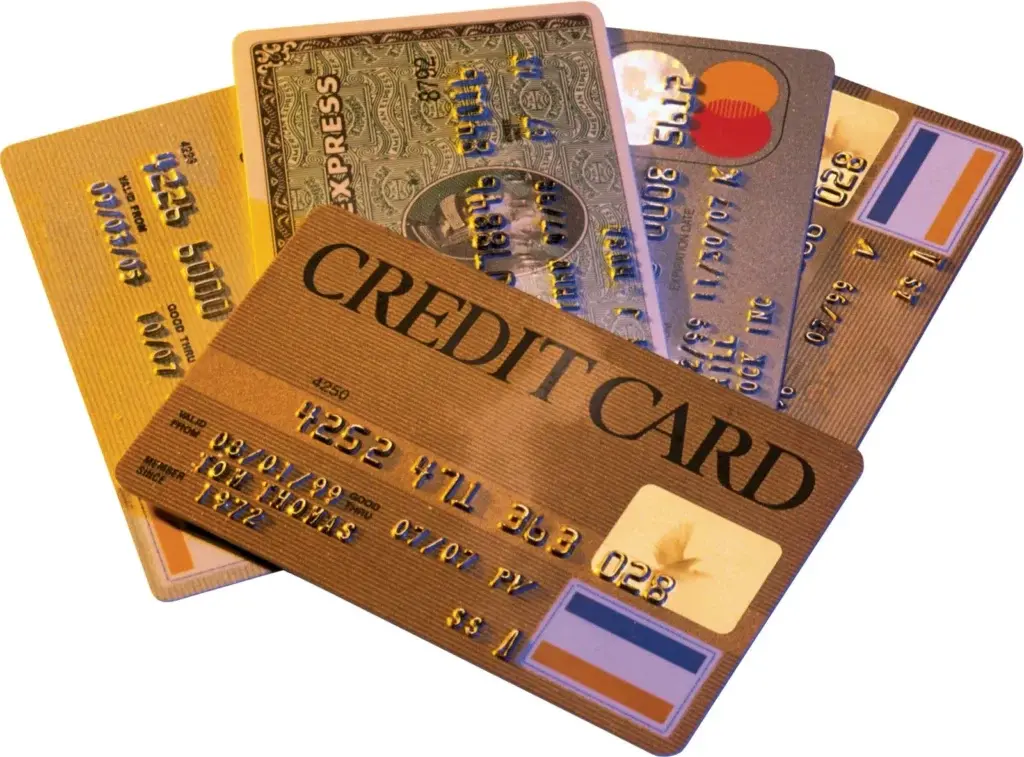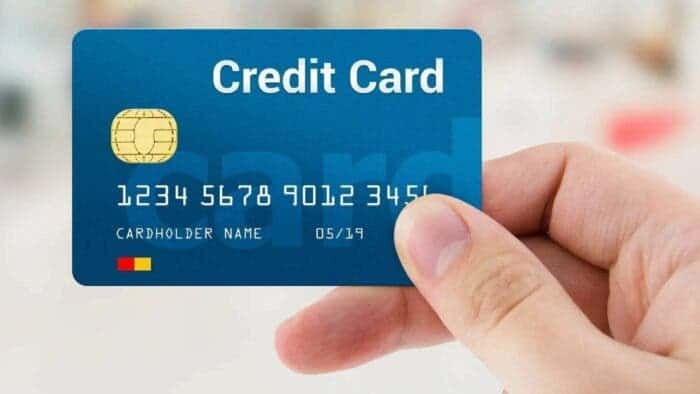Over the past few years, many companies are struggling to protect their user’s information. User information is very important to companies irrespective of the business type. They should know some details about their customers in case of any eventualities. However, how do they safeguard this informal? This is a very important question since the number and dedication of hackers seem to be increasing every day. Today, the darknet market, BidenCash released the details of more than 1.2 million credit cards. According to the BleepingComputer report, the leaked information includes card numbers, expiration dates, CVV numbers, cardholder names, and bank names. The information also includes card types, physical addresses, email addresses, social security numbers, and phone numbers.

This information is enough to allow cybercriminals to commit financial fraud and identity theft. According to the report, the credit cards are mostly from the United States. Most of the credit cards are from the countries below
Gizchina News of the week
- United States
- India
- Brazil,
- United Kingdom
- Mexico
- Australia
- Spain
- China
If your credit card is from any of these countries, then you should make some changes. While we agree that 1.2 million is a very small number compared to the number of cards from these countries thus there is a very small probability that your card is compromised, there is no harm in ensuring that your card is safe. Some of these credit cards expire after 2023, while others will remain valid until 2026.
Many “leaked” credit card details are fake
The leak appears to be a publicity campaign by BidenCash for its new store domain after its original store domain suffered a DDoS attack. To ensure wider reach, cybercriminals distribute these URLs through public domains and various hacking and swiping forums. Darknet credit card dumps like this are often scams, as other dumps only contain fake data or data recovered from old dumps are wrapped under new names. However, cybersecurity firm D3Labs confirmed that around 30% of the cards are valid, meaning around 350,000 cards may still be valid.
To protect users’ credit cards from hackers, always verify the authenticity of the website for the credit card information you enter. Also, if the user notices any suspicious transactions, please contact the card issuing bank immediately so that the card can be prevented from being used for theft.






“thus there is a very small probability that your card is compromised, there is no harm in ensuring that your card is safe”…
How?